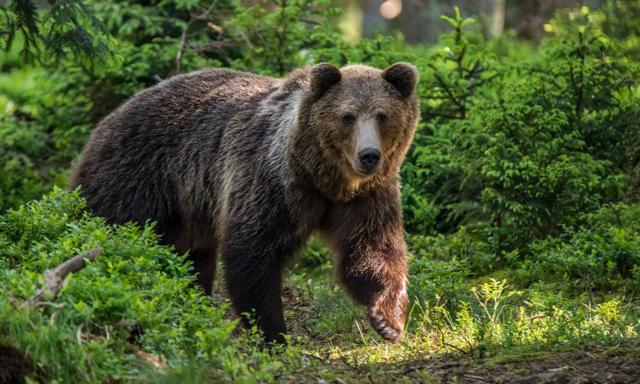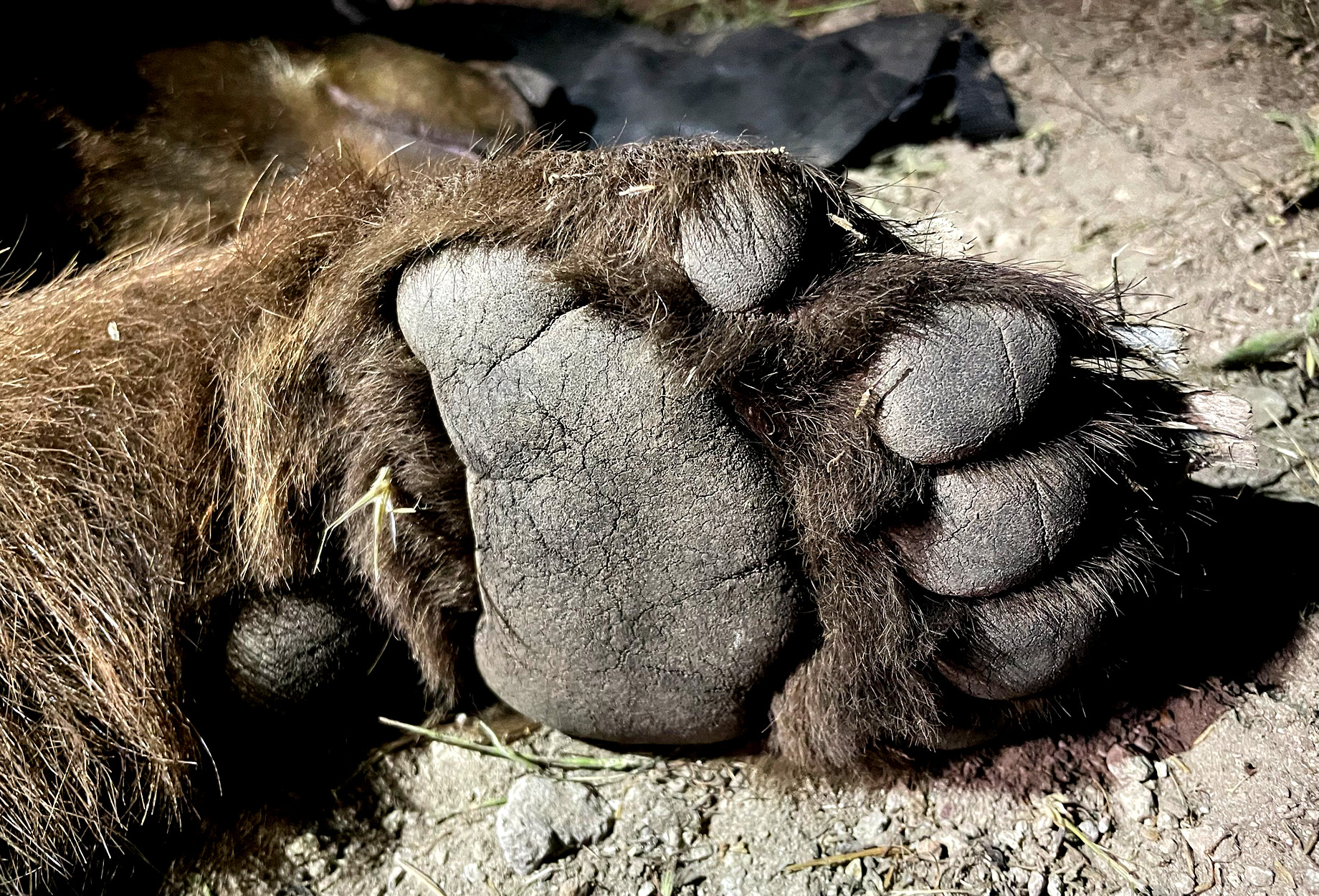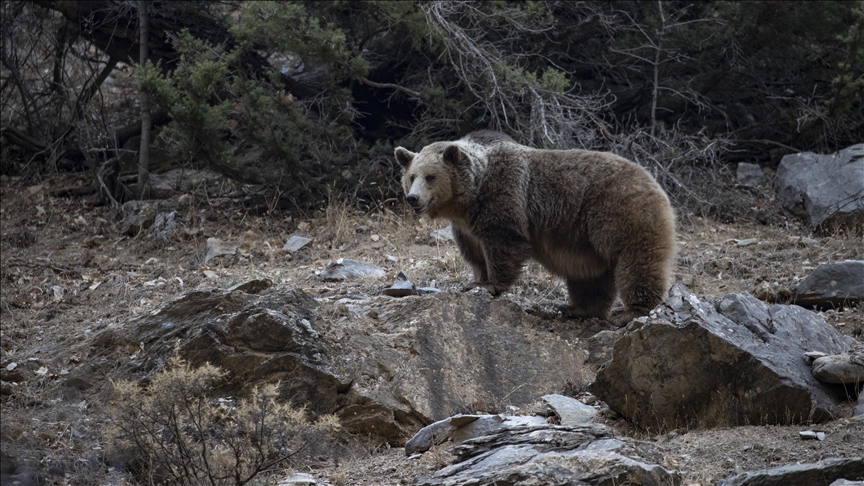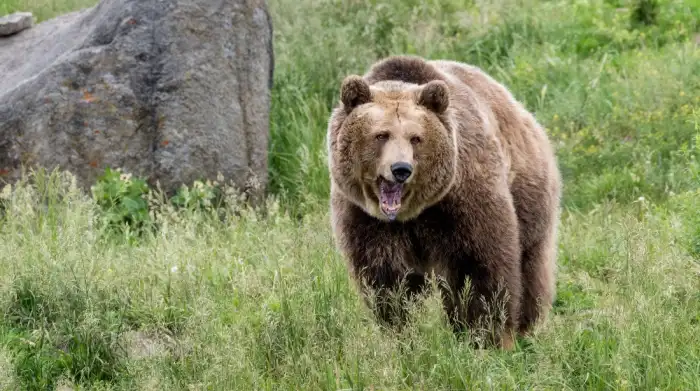Five people have been injured in the second bear attack in Slovakia in three days, officials have said, prompting a northern town to declare a state of emergency and authorities to propose reclassifying the animals’ status on the protected species list.
A 49-year-old woman was treated in hospital for an injury to her shoulder, and a 72-year-old man for a cut to his head, after the incident on Sunday in Liptovský Mikuláš, near the Tatra mountains, local authorities said.
A 10-year-old girl and two further adults suffered scratches and bruises, authorities said, while a couple pushing their child in a buggy were “lucky to escape unharmed”. People were asked not to leave residential areas. Authorities on Monday said the bear was still at large and six armed patrols were hunting it.
“The bear has been pushed into uninhabited zones by rescue and security forces where emergency teams … have orders to eliminate it,” the town hall said, calling on residents to exercise maximum caution especially in the early morning and evening.
“Hunters will patrol in the at-risk area, police patrols have been strengthened and brown bear emergency teams from all over the country have been ordered to our city and surroundings. A thermal imagine drone is also being deployed.
“We are a town between mountains, but still a town. We cannot allow a bear to attack five people in the centre in broad daylight.”
Mobile phone footage posted on social media showed the bear charging along a road and over a zebra crossing as terrified pedestrians scattered, then bounding across a green space and lunging at a man hurriedly climbing a fence to escape it.
The incident came a day after a 31-year-old Belarussian woman, identified by local media as Tatiana, died while trying to evade a brown bear in the Low Tatra mountain range near the same town.
The woman had been walking in a thickly forested area on the western side of the Demänovská valley in the Low Tatras with a 29-year-old male companion, the Slovakian mountain rescue service said, when the bear charged.
The pair split and ran in opposite directions. Rescue teams with dogs and drones mounted a search after being alerted by the man, who was located “scared but unhurt” at the top of a steep ravine. The woman’s body was found at the bottom.
Slovakian authorities said on Monday their initial investigation had shown the woman died as a result of her fall, rather than – as earlier media reports had suggested – after being mauled by the bear.
Improved environmental protection in central and eastern Europe since the late 1980s has led to bears returning to their natural habitats across the Carpathian mountains, which stretch from Romania, through western Ukraine, to Slovakia and Poland.
Slovakia has witnessed several bear attacks in recent years, including its first fatal assault in more than a century, in 2021. A 57-year-old man was found in the central Banskô valley with his hip, neck and hand mauled and recent bear prints nearby.
Last November, a German environmental campaigner was badly mauled by a bear in Poland after entering the animal’s lair in the Bieszczady mountains in Poland, but survived after being airlifted to hospital.
Members of Slovakia’s populist, nationalist coalition government have called for the animals’ status on Slovakia’s endangered species list to be relaxed, arguing that with an estimated domestic population of 1,275, bears can now be hunted and culled.
On Sunday, the junior environment minister, Filip Kuffa, outlined a draft law to allow bears to be shot outside urban areas under certain conditions. Along with Romania, the Slovakian ministry aims to propose a reclassification of the species at EU level.
This article by Jon Henley was first published by The Guardian on 18 March 2024. Lead Image: Bear charges through Slovakian town as five people injured in attacks – video.
What you can do
Help to save wildlife by donating as little as $1 – It only takes a minute.







Leave a Reply